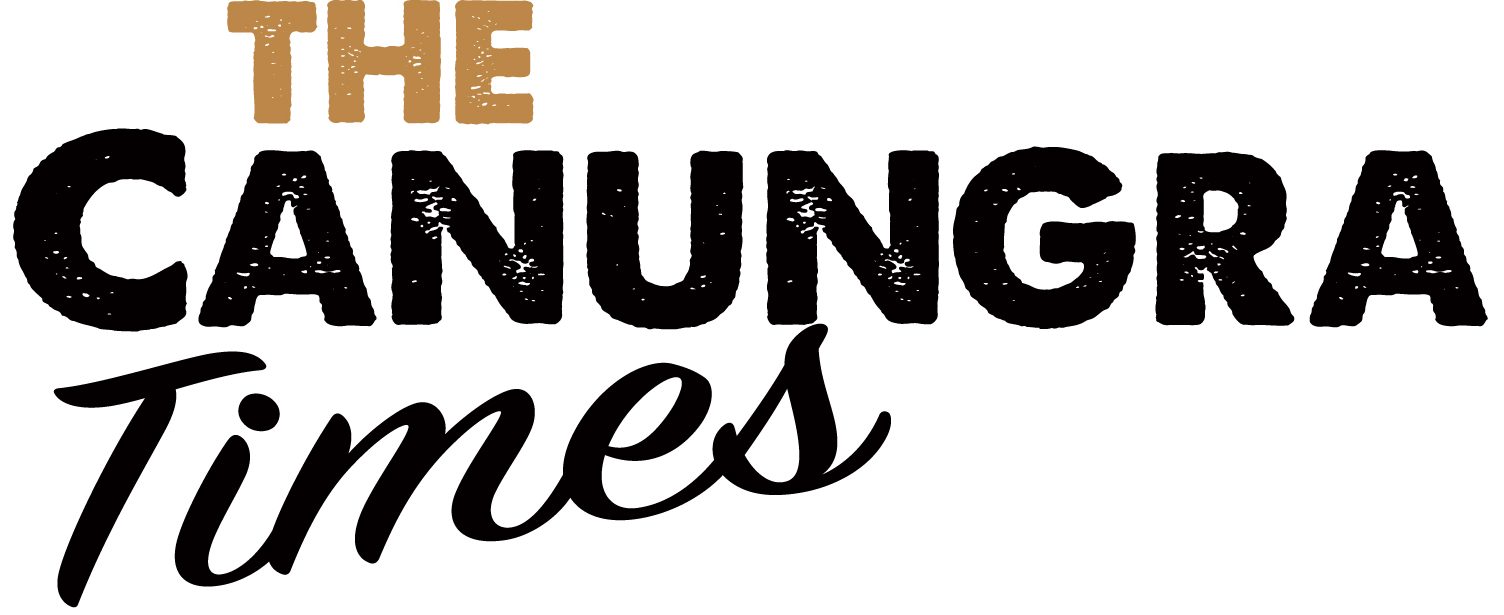
There are just five days until the end of the financial year, and Chartered Accountants Australia and New Zealand (CA ANZ) has released its top tips to get you ready for tax time this year.
CA ANZ Senior Tax Advocate, Susan Franks, said people need to consider their cash flows ahead of the Stage 3 Tax Cut coming into effect for the 2024-25 financial year.
“The benefits of the Stage 3 Tax Cut won’t apply to this year’s tax return, so it is worth considering in the final days of the financial year, whether you can increase your tax-deductible expenses before 30 June 2024 and or delay receipt of some income, for example by delaying a sale, until after July 1 so it is taxed at a lower rate,” Ms Franks said.
“Before you get started, remember you have to incur the cost without being reimbursed by your employer to claim a deduction, you can only claim costs related to your work not your personal life, and you have to keep records so you have proof of what you’re claiming,” Ms Franks said.
CA ANZ’s top tips for tax time this year:
- Purchase work expenses before 30 June 2024
Now is the time to make any last-minute work purchases to set yourselves up for the new financial year. Work-related expenses could include computers, subscriptions and membership fees.
Importantly, make sure you need whatever you buy. Don’t just buy something because of the June 30 deadline.
- Understand the changes to electric vehicle claims
There are two ways of calculating deductions for car expenses, the fixed rate method (85 cents per kilometre) if you have travelled less than 5,000 business kilometres a year or the actual cost method.
The Australian Taxation Office (ATO) has issued a new guideline to calculate the cost of electricity when charging an electric vehicle (EV) at home for work if you use the actual cost method. The EV home charging rate is 4.2 cents per kilometre. This doesn’t extend to plug-in hybrid vehicles, electric motorcycles and electric scooters.
You can claim the EV home charging rate and commercial charging station costs if your vehicle has the functionality to accurately report the percentage of a vehicle’s total charge based on the type of charging location. If it does not have that functionality, you need to choose between using the EV home charging rate and commercial charging station costs.
And of course, always keep a logbook and receipts in case the ATO comes knocking.
- Accurately calculate working from home deductions
There are still two ways of calculating working from home deductions – claiming 67 cents per hour you worked from home or claiming actual costs.
Claiming 67 cents per hour covers running costs, such as phones, internet, heaters and electricity, and allows you to make a separate claim for tax depreciation on computers and furniture. If you have the time and the records, using the actual cost method may result in a larger tax deduction.
Don’t forget, you need timesheets or a diary to support the hours you claim.
- Know the difference between repair and capital claims for rental properties
Rental property investments can be tricky and the ATO has rental owners in their sights this year. There is a difference between what can be claimed for repairs and maintenance versus capital expenses.
A repair can be claimed straight away but capital items, like dishwashers, ovens, heaters and blinds, can only be claimed immediately if they cost less than $300, otherwise they must be claimed over multiple years.
In general terms, a repair restores an item to its original state, and capital expenditure improves an item or replaces an item. If you have purchased a run-down investment property, your initial improvements to the property will not be deductible.
- Declare all your income
The ATO is cracking down on taxpayers who fail to include all their income when lodging their tax returns this year. If you have received income from multiple sources, you need to wait until it is pre-filled in your tax return before lodging. And remember to check it carefully.
A lot of mistakes are made in July because people forget to include interest from banks, dividend income, cryptocurrency income, government payments and gig economy income.
- Have the right documentation for your expenses
If you’re thinking right now “I wish I’d kept my receipts”, make a commitment to starting the new financial year fresh. The ATO’s My Deductions app is an easy solution or store copies on your computer or phone. There’s also the traditional shoe-box method but remember, receipts can fade.
If you have kept your receipts, it’s time to dig them out and collate them for tax time.
“If this all sounds too hard, getting help from a Chartered Accountant is a good idea at tax time, and it also happens to be tax deductable,” Ms Franks said.
“The depth and breadth of a Chartered Accountant’s expertise helps businesses, families and individuals see the big picture and chart the best course of action.”




